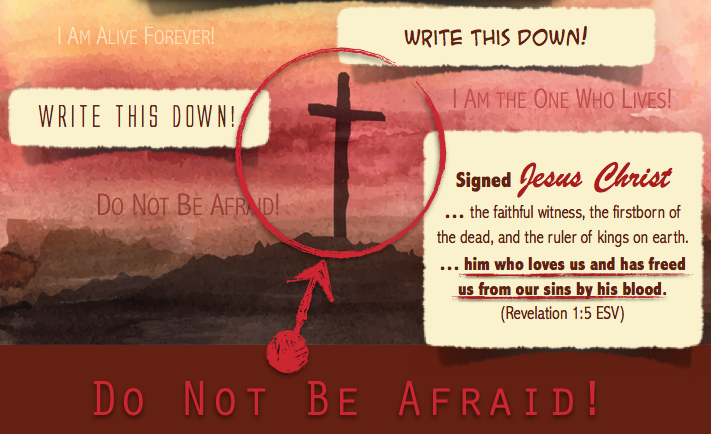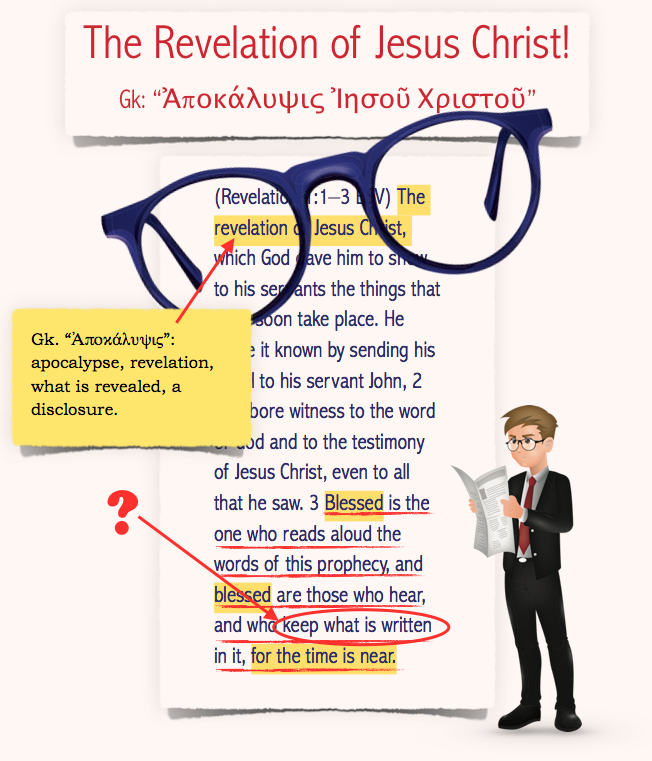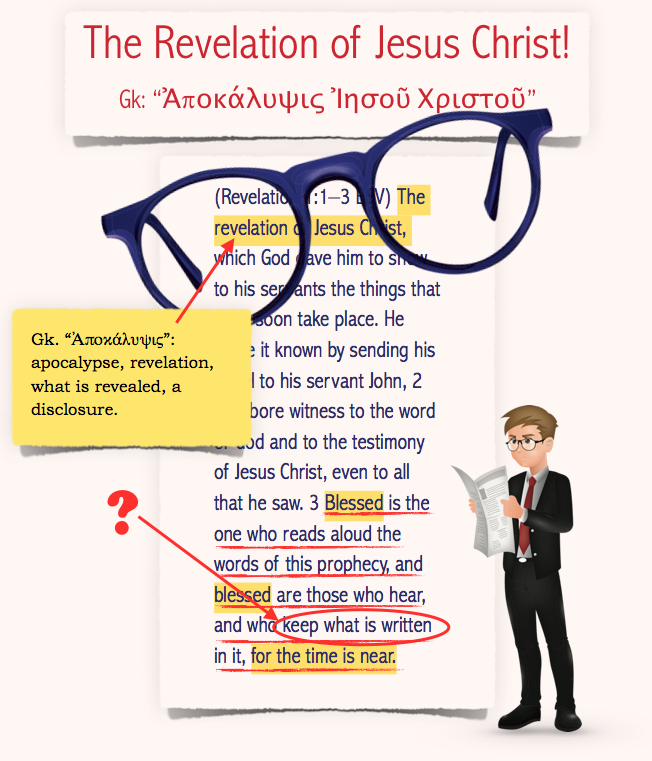When asked about the upcoming presidential election in a recent Q&A session, John MacArthur stated, rather matter of factly:
“What happens in America, politically, has absolutely nothing to do with the kingdom of God.”
Now, if you’re used to John’s teaching and ministry, the direct and absolute nature of the statement probably comes as no surprise to you. Still, you may be asking yourself, can that be true? How could the leader of the most powerful nation on earth—the commander and chief of the globe’s largest military—have nothing to do with God’s kingdom? Could it be true that such a powerful, wealthy nation has nothing to do with God’s global agenda? Is that really what John meant?
Well, to answer simply, yes!
John elaborated: “It has nothing to do with the kingdom of God, because the kingdom of God is built one soul at a time, as a sinner puts his trust in Christ.”
Political Systems Provide False Hope
John’s comments highlight one commonality that’s present in all political systems: They simply cannot meet man’s greatest need. The only true hope for humanity is not found in a political leader or system of government. Man’s only hope is to have the Lord of the universe save him, transferring him from the domain of darkness into His glorious kingdom.
In contrast to God’s kingdom, earthly political systems sell a utopia that’s simply impossible in a fallen world. Libertarians seek a paradise where all people live in harmonious freedom and act in their own self-interest. Socialists promise a perfect world where everyone is equal in status and wealth, assuring peace and happiness. Progressives work toward an evolutionary ideal where the future is always better than the past, and conservatives promise to return to the glory of the “good old days.”
The trouble with those—and every other political variation that could be mentioned—is that they all fail to account for the fact that we live in a fallen world filled with a depraved humanity. Sin renders those promised utopias unattainable. There is no lasting hope for mankind in any earthly kingdom, no matter how it’s constructed. The only hope is found in God’s kingdom.
MacArthur sums it up well in his book Why Government Can’t Save You:
- We can’t protect or expand the cause of Christ by human, political, and social activism, no matter how great or sincere our efforts. Ours is a spiritual battle against worldly ideologies and dogmas that are arrayed against God, and we achieve victory over them only with the weapon of Scripture. . . . We can do that partly by desiring the improvement of society’s moral standards and partly by approving measures that would conform government more toward righteousness. We do grieve over the rampant indecency, vulgarity, unchastity, lack of courtesy and respect for others, deceitfulness, self-indulgent materialism, and violence that is controlling society. But in all our efforts to support what is good and wholesome, reject what is evil and corrupt, and make profoundly positive impact on our culture, we must use God’s methods and maintain scriptural priorities. [1] John MacArthur, Why Government Can’t Save You (Nashville: Word, 2000), 12-13.
It’s possible to use the rights and opportunities that this world gives us to make a positive impact and promote righteousness. But we can’t allow the moral “progress” of society to be our ultimate goal. We must be focused on God’s kingdom work and be careful not to misplace our hope in the political institutions of this fallen world. They offer only hopelessness.
God’s Kingdom Offers True Hope
There is good news, however. The utter hopelessness of human politics is a sobering reality—one that ought to make us long for the glory of heaven. A day is coming when God will set all things right—a day when the depravity of this world will be done away with, when creation will see the glory for which it now groans (Romans 8:22). As MacArthur describes in The Glory of Heaven:
- The new heavens and new earth are seen blending together in a great kingdom that incorporates both realms. The paradise of eternity is thus revealed as a magnificent kingdom where both heaven and earth unite in a glory that surpasses the limits of human imagination and the boundaries of earthly dimensions. . . . It is a real place where people with physical bodies will dwell in God’s presence for all eternity; and it is also a realm that surpasses our finite concept of what a “place” is. [2] John MacArthur, The Glory of Heaven (Wheaton, IL: Crossway, 2013), 77-78.
Oh what joy should fill the heart of every believer when we consider the future glories of heaven that await us— especially when we see that hope in contrast with the hopelessness that worldly systems have to offer. We will one day dwell bodily with God—the only righteous King. We will one day be part of His perfect kingdom, with no more boundary lines, no more wars, no more political strife. We will one day worship and fellowship with our Creator in the perfection of the new heavens and new earth. Still, our heavenly hope is not limited to future benefits. Our citizenship in the kingdom of God will not only be realized in that glorious day still to come. As John MacArthur explains, there are aspects to be enjoyed here and now.
- There’s another important sense in which heaven transcends normal time-space dimensions. According to Scripture, in a very real sense the kingdom of God—incorporating all the elements of heaven itself—is the spiritual sphere in which all true Christians live even now. The kingdom of heaven invades and begins to govern the life of every believer in Christ. Spiritually, the Christian enters into heaven with full rights of citizenship here and now, in this life. [3] The Glory of Heaven, 78.
If we misplace our hope in the government systems of this world, we risk missing the incredible blessings of our current spiritual reality. Our citizenship is not determined by where we reside. It is determined by who reigns as Lord and Master of our life. In Christ—and in Christ alone—there is hope, not only for the future, but for our daily lives.
As has been the case in every election cycle before (and will likely be the case in every one to come), over the coming weeks you’re likely to hear grand promises from politicians of all stripes. Many people will be led astray by the lofty rhetoric and utopian promises. This ought not be the case, however, for believers. We must not put our hope in the promise of politicians or political systems.
We must fix our eyes on Christ, fix our hope on his eternal promises, enjoy the heavenly benefits we get to experience here and now, and look forward with great expectation to the indescribable glory of heaven.






